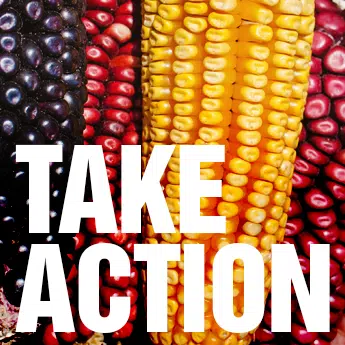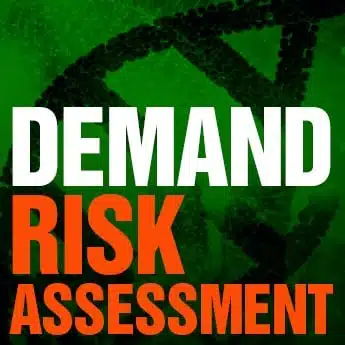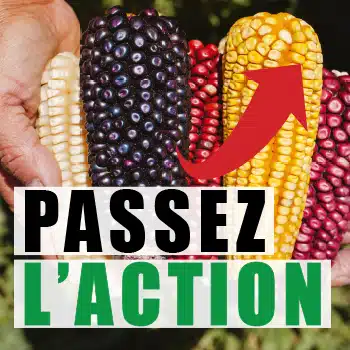Trade policy would sacrifice safety, say groups.
Tuesday, November 29, 2011 – The Canadian Biotechnology Action Network (CBAN) and Les AmiEs de la Terre de Québec, as part of a federal government stakeholder consultation, have submitted comments to Agriculture Canada objecting to proposals that would allow a level of contamination from genetically modified (GM) foods from other countries that have not been approved by Health Canada.
The federal government is proposing to establish a policy called “Low Level Presence” or LLPwhereby the government would allow a level of contamination from certain GM foods have not been assessed as safe by Health Canada’s scientific evaluators but have been approved in at least one other country, where Health Canada views that country’s regulatory system as equivalent to Canada’s or meets other, as yet unspecified, criteria.
“Allowing contamination from unapproved GM foods is indefensible from a public health and safety standpoint. It clearly sacrifices food safety for trade policy and has no scientific basis,” said Lucy Sharratt of CBAN, “LLP punches a big hole right through the government’s claim that our regulation of GM foods is ‘science-based’.”
Canada would be the first country to set up a system to allow contamination from unapproved GM foods. The rationale is to make Canada a model to influence our trading partners to accept GM contamination from Canada. Though GM food contamination from other countries is not yet a problem, GM contamination of Canadian exports results in costly market rejection because we export food to countries that have not approved many, or any, of the GM crops we grow. Currently, Canada maintains a “zero-tolerance” policy towards the contamination of our food system from foods that Health Canada has not approved.
“If this is approved, Canadians will have no shred of faith left in our food safety system and Health Canada will have absolutely no legitimacy,” said Tanmayo Krupanszky of the Canadian Organic Growers Toronto Chapter, “Its unconscionable that our government would purposefully allow unapproved foods into Canada just so we can try and push our GM contamination on the rest of the world.”
“We need to stop GM contamination instead of making it legal,” said Maureen Bostock of the Ecological Farmers of Ontario.
“Food retailers like us will not be able to continue to reassure customers that the food on our shelves is safe,” said Patrick Conner of The Big Carrot Natural Food Market in Toronto, “Retailers and manufacturers will have no idea what food products will be contaminated by GM foods from other countries.”
“We won’t know what foods Health Canada has approved and what foods they have just let in without bothering to assess for safety,” said Dominique Bernier of Friends of the Earth Quebec.
There is no current issue of GM contamination from other countries as Canada has approved all eight GM crops grown across the world (corn, canola, soy, cotton, white sugarbeet, papaya, squash and alfalfa).
“LLP is trade policy guess work that doesn’t even secure market access for contaminated Canadian exports,” said Sharratt, “Instead of sacrificing the health and safety of Canadians, the federal government could resolve this trade issue right away by only approving GM crops in Canada that are also approved in our major export markets.”
For more information: Lucy Sharratt, Canadian Biotechnology Action Network, 613 241 2267 ext 25; Maureen Bostock, Ecological Farmers of Ontario 613 259 5757; Patrick Conner, The Big Carrot, cell 647 200 7591.






